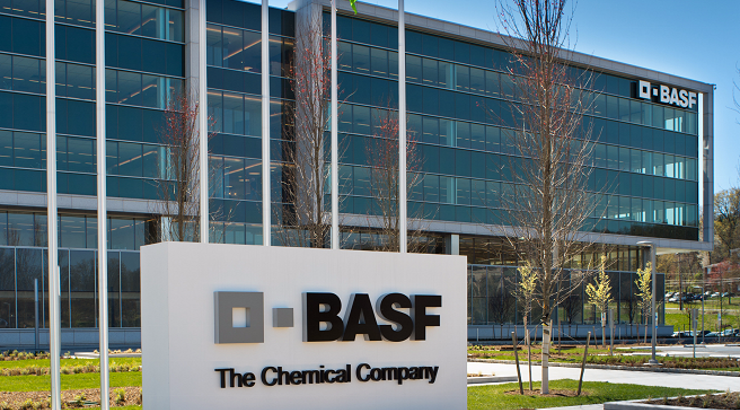Materials & Supplies
Banking Giants Line Up Sh140bn for BASF CC Unit Sale
The firm has hired Goldman Sachs to conduct the sale that could fetch Sh345 billion.

Banks have lined up Sh140 billion of debt financing to fund a looming sale of BASF construction chemicals unit as potential buyers prepare to submit the first round of bids in an auction process.
The firm has hired Goldman Sachs to conduct the sale which could fetch Sh345 billion.
Considering that BASF is one of the world’s largest makers of chemical additives for concrete, the planned sale of its unit is naturally expected to attract a lot of interest from commercial buyers and private equity firms.
Some of the potential suitors for the business include Saint Gobain, Switzerland’s Sika, LafargeHolcim, and Mapei. Buyout groups such as Carlyle and Advent have previously been mentioned among potential buyers.
Plans for the sale were unveiled last October by BASF chief executive Martin Brudermueller, who said the company was exploring possible ways to raise its share price.
“As planned, we started to contact selected interested parties,” a BASF official said on Tuesday.
RELATED: BASF Opens Sh1.2bn Chemicals Factory in Kenya
Banks are expected to finance a buyout with leveraged loans. They are hoping that the business will be sold to private equity following a lack of event-driven financing so far.
Banks and cash-rich leveraged loan providers have huge financial muscle which can make a buyout quite attractive as lenders compete to offer the most attractive terms.
However, the unit is drawing comparisons to a Sh205 billion leveraged loan backing private equity firm Advent’s acquisition of German chemicals group Evonik’s methacrylates plastics unit, Madrid, which has struggled in syndication having met strong resistance from investors wary about investing in a cyclical business.
Banks stand to make no fees on the Evonik transaction and are likely to be overexposed, holding the remaining paper they were unable to sell down despite deep discounts.
BASF has had two years of declining EBITDA (earnings before interest, tax, depreciation and amortization) – a strong measure of a company’s operating performance.
“Both companies are at the cyclical end of the market but BASF is a difficult carveout and is arguably more cyclical as it is much more construction-related.
“The raw material side and pricing on Evonik are volatile but easy to predict, whereas BASF is far more tied to the oil price, which could affect a debt financing,” a senior banker said.
Additional reporting by Reuters.














